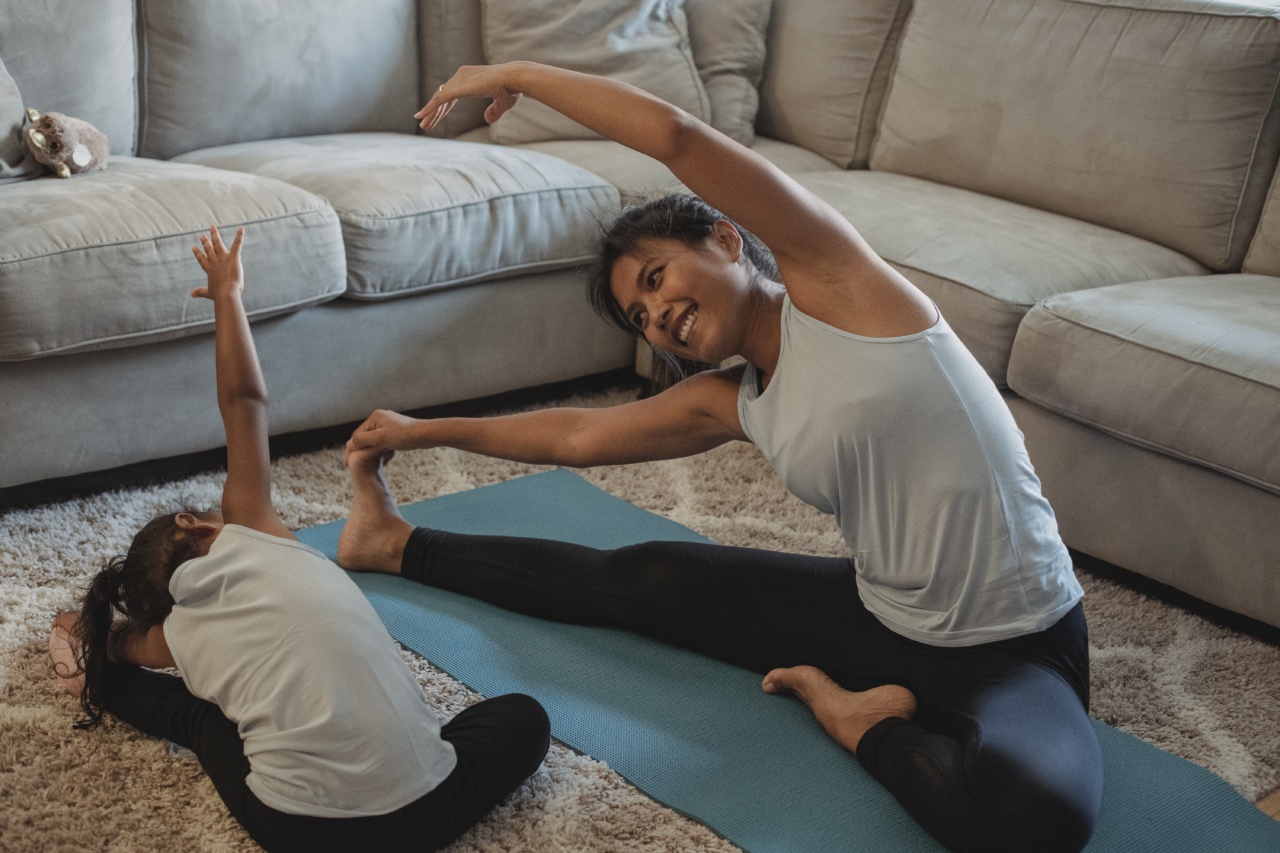There is no denying the importance of health advice from older generations, especially our parents and grandparents.
Growing up, we all heard phrases like “Drink warm milk before bed to sleep better” or “Don’t go outdoors with wet hair or you’ll catch a cold.” However, as we learn more about health and science, some of these tips may pose potential risks if followed blindly.
Don’t eat in between meals
One common piece of advice from older generations is, “Don’t eat in between meals or you’ll ruin your appetite.” While the intention behind this tip is to encourage children to eat enough during mealtime, recent studies have found this advice may lead to unhealthy snacking habits and even overeating. If children are forced to wait hours without a snack, they may feel extremely hungry and consume more food during mealtime, which can lead to potential health issues such as obesity.
Eating breakfast like a king, lunch like a prince, and dinner like a pauper
Another popular saying is, “Eat breakfast like a king, lunch like a prince, and dinner like a pauper.” While this may encourage children to eat a substantial breakfast, recent studies have found that skipping dinner or under-eating could lead to potential health risks such as nutrient deficiency and a slower metabolism. It is important for children to have a balanced diet and eat appropriately throughout the day.
Wear a cap or scarf to prevent colds
Many of us have been told to wear a cap or scarf to prevent colds during the winter months. While it may help keep us warm, it does not necessarily prevent the common cold.
The cold virus is contracted by exposure to the virus, not by the temperature outside. Of course, it is important to stay warm during cold weather, but wearing a hat or scarf does not necessarily guarantee protection from colds.
Drink warm liquids to soothe a sore throat
Another common tip is to drink warm liquids like tea or soup to soothe a sore throat. However, recent studies have found that cold liquids may actually be more beneficial in easing the pain.
Cold liquids can help reduce swelling in the throat, while warm liquids may actually irritate the throat more. It is important for children to listen to their body and drink what provides them with the most comfort.
Don’t shower or bathe after eating
Many of us have been told to wait an hour after eating before showering or bathing to prevent indigestion. However, there is no scientific evidence to support this claim.
In fact, bathing or showering after a meal can promote blood circulation and aid in digestion. Waiting too long to bathe can lead to an accumulation of bacteria on the skin.
Don’t exercise when you’re sick
Another common piece of advice is to avoid exercise when you’re sick. While it is true that exercising when you’re severely ill can be dangerous, light to moderate exercise can actually boost the immune system and help alleviate symptoms.
As long as children are not experiencing extreme fatigue or difficulty breathing, light exercise such as walking or yoga can be beneficial.
Don’t crack your knuckles or you’ll get arthritis
Many of us have been warned not to crack our knuckles or we’ll get arthritis. However, there is no scientific evidence to support this claim.
Knuckle cracking is simply the sound of gas bubbles being released from the joints and does not affect joint health. While it may be annoying to some, knuckle cracking is not harmful.
Don’t sit too close to the TV
Another common piece of advice is to not sit too close to the TV or computer screen as it may harm the eyes. However, recent studies have found that sitting close to the TV does not necessarily damage the eyes.
Eye strain and headaches associated with screen time are caused more by focusing for long periods of time rather than distance from the screen. It is important for children to take regular breaks and practice proper eye care habits.
Don’t go outside with wet hair or you’ll catch a cold
Many of us have been told not to go outside with wet hair or we’ll catch a cold. However, similar to the hat and scarf myth, the cold virus is contracted by exposure to the virus, not by the temperature outside.
While it is important to stay warm during cold weather, going outside with wet hair does not necessarily guarantee catching a cold.
Conclusion
While we value the health advice from previous generations, it is important to approach these tips with a critical eye. Many of the tips mentioned have not been scientifically proven and may pose potential risks if followed blindly.
It is important to stay up to date with current health and science information to ensure our children’s health and wellbeing.































